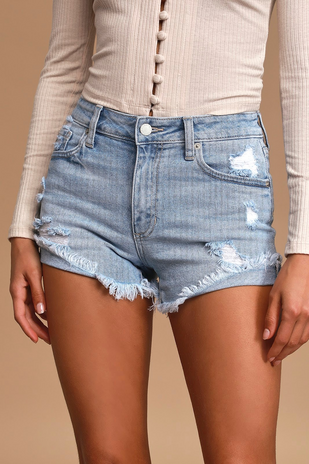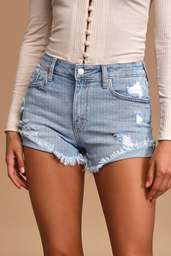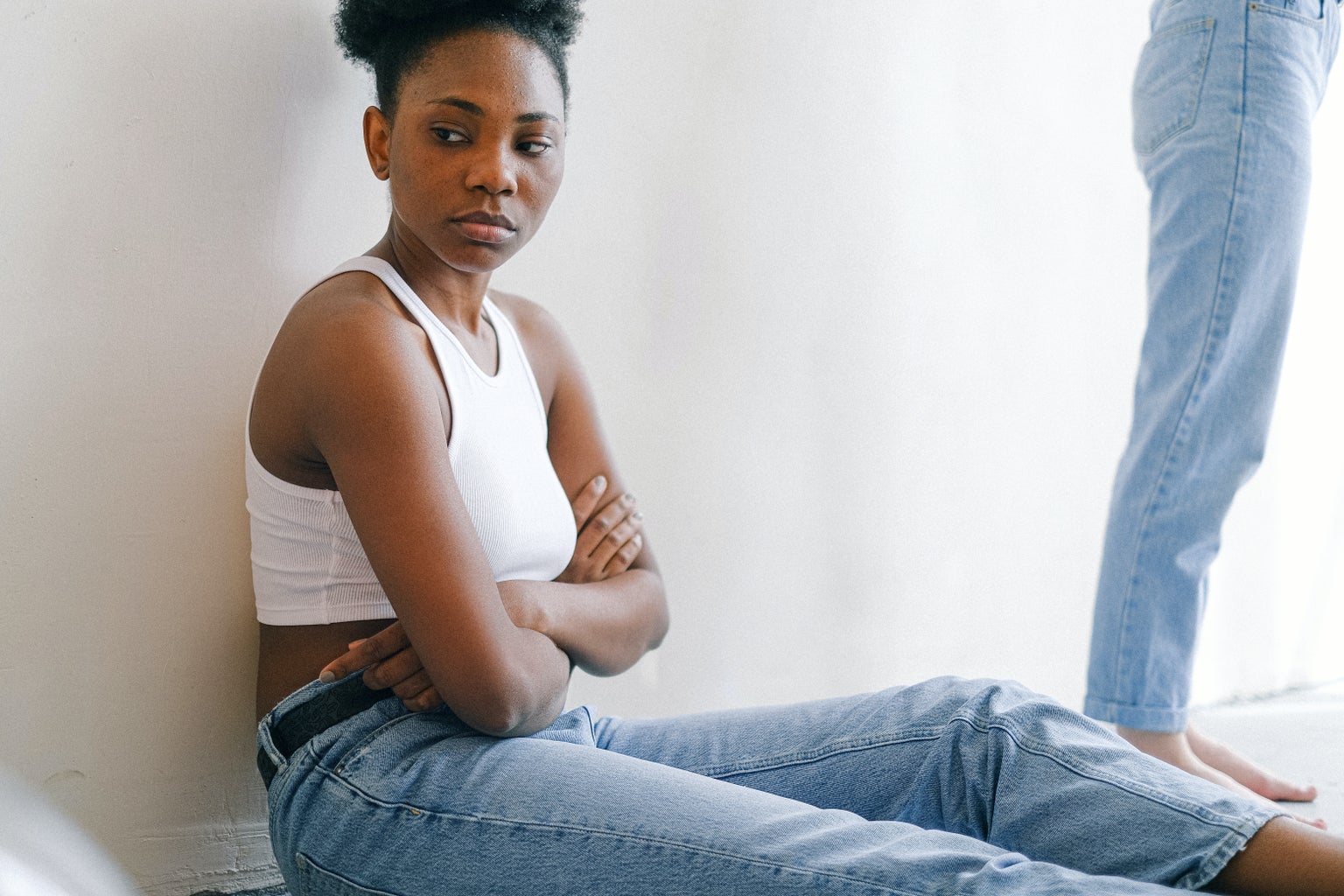“Fragile frames carry not just their weight but the burden of whispers—too little, too fragile, too unseen—like shadows lost in a world that demands more to matter.”
Skinny Racism: The Unspoken Burden of Thin Bodies
Being skinny is a goal for many men and women, young and old, white and coloured. It is the unspoken beauty standard of many decades and cultures. It drives countless cash flows to an entire industry aimed at taking an extra inch from women’s waists. It is a taboo topic, condemned for promoting eating disorders, unhealthy habits, and body shaming. It is a dream for some but a nightmare reality for others.
Skinny racism is that elephant-in-the-room topic that not a lot of people talk about because it can be triggering or offensive if interpreted in the wrong light.
Growing up as a skinny kid, I have always gotten comments like, “You look like a twig,” “You should eat more,” and “Don’t your parents feed you?” The fact that people never hesitated to bash me with such comments, even as a kid, made me get used to it, and slowly, they became normalized for me. Despite reaching adulthood, I continue to face hurtful comments about my skin and body. Although the nature of these comments has changed over time, their impact remains just as painful. Now that I have reached a certain age, I get comments like, “Gain some weight, no one likes skeleton-looking women,” “Men like curves,” and “You are so flat.” These comments always make me wonder, why everyone around me just feels okay to say it to me.
So, let’s dive into the much-neglected topic of skinny racism. Is it a myth, or just a flex of thin privilege? How does it compare to fat-shaming?
Understanding Skinny Racism
Skinny racism or shaming is the act of criticizing a lean or skinny person and speaking negatively about that body type. Oftentimes, people are called “stick-like” or “flat” for having a figure that isn’t bulky enough.
For the longest time, being quote-unquote fat or curvy was marginalized until the body positivity movement came about and became the “politically correct” view. Ads show beautiful, curvy women feeling proud of their bodies—that’s how it should be. But on the other side of the spectrum, some naturally skinny people are also subject to daily body shaming. However, no one speaks about or defends them, because it almost seems okay to judge them. After all, how can anyone be skinny-shamed when being thin is a body goal?
The Role of Social Media in Body Image
A lot of people can be triggered by the term “skinny racism” because of how today’s media landscape is so image-oriented. We see people blowing up on the internet just for looking a certain way. Chances are, they fit in the current beauty standard and have thin privilege. We are inundated by skinny girls showing off their aesthetic meals, eating so little, branding that as “What I eat in a day,” which can get toxic quickly. Because skinny girls are scared of promoting eating disorders, the trend shifted to super-thin girls always incorporating high-calorie food in their “What I eat in a day” videos. It is sad to see both plus-size and petite women feeling pressured to eat in a certain way in public just to avoid stereotypes. It’s sad to see women either overeating or under-eating just so they don’t get judged or try to fit in the unrealistic standards of society that are not even real but unrealistic.
The stereotype around skinny bodies makes me wonder why skinny shaming seems relatively okay if fat shaming is not. When it comes to the topic of skinny shaming, almost without any doubt, the topic of fat shaming will be brought up as a comparison, leading to conclusions such as, “Skinny shaming is not real because being skinny fits the looks,” “Skinny people can never understand the struggles of plus-size bodies,” and “Skinny shaming isn’t valid because how can anyone get shamed if there is thin privilege?”
This can be seen very clearly on the internet. For example, if a plus-size person shows off their body, they are being proud, confident, and an icon. This is where the famous body positivity changes and becomes different for skinny versus plus-size bodies. When a skinny person shows off their body, people get triggered and accuse them of being rude or a showoff. Body positivity is often perceived as being more accepting and celebratory of plus-size bodies while being less supportive and more critical of skinny body types. This disparity stems from societal attitudes towards body image.
People are more likely to be positive and supportive toward plus-size individuals because they recognize the historical marginalization and shaming of larger bodies. There’s a growing awareness of the harm caused by fatphobia, leading to a more empathetic and inclusive approach.
In contrast, skinny body types are often subject to jokes and criticisms, as if being thin is a personal failing or a sign of weakness. This double standard perpetuates the notion that it’s acceptable to mock or belittle skinny individuals, while plus-size individuals are protected by a growing culture of body positivity.
Personal remarks
To start, I want to lay the groundwork for my personal opinion: both skinny and fat racism or shaming are indeed forms of body shaming. While both can have different experiences, the struggle is not a competition. It’s not a competition of which type of shaming hurts more, and it shouldn’t be a reason to invalidate the pain of the other side of the spectrum. I just want to say that both hurt. No one should be judged or mocked based on their size, shape, or appearance. No one should have to live in a world where they are made to feel bad about their bodies by other people, especially because we are often critical enough of our appearances.
Ultimately, true body positivity must encompass all body types, promoting acceptance, inclusivity, and respect for every individual, regardless of their shape or size. True body positivity encompasses all body types, promoting acceptance, inclusivity, and respect for every individual, regardless of shape or size. It’s about recognizing everybody’s uniqueness and deserving of love, care, and compassion. This fosters a culture of inclusivity and self-love, where everyone feels valued and respected. By embracing diversity and rejecting body shaming, we can create a world where all bodies are celebrated and empowered to thrive.
“In a world of diverse hues, let’s celebrate our unique Muse, and may our bodies be the canvas of a beauty that’s truly expansive.”


